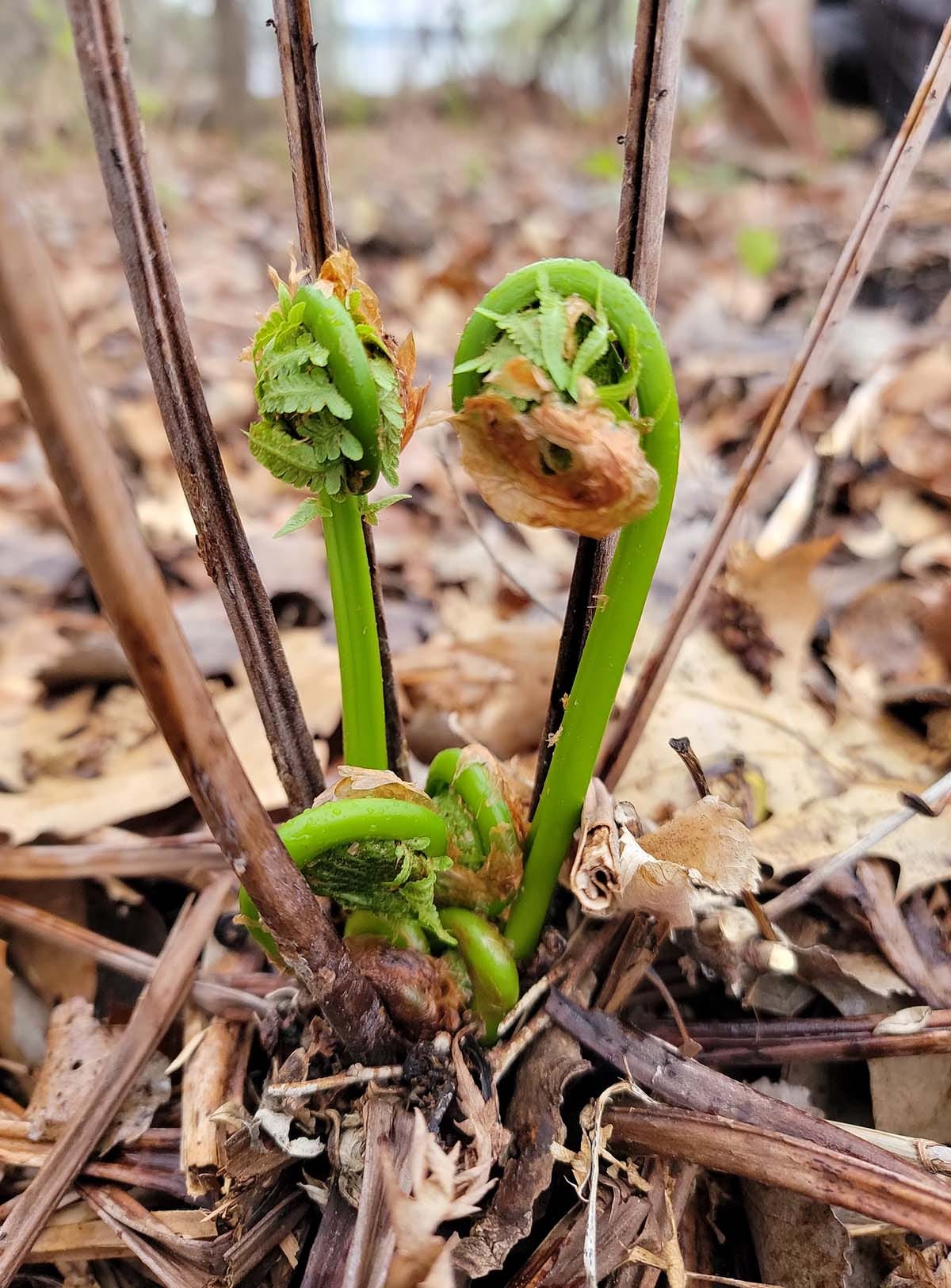Druids
Passing on plant knowledge feels holy... and fun
We are holders of the secret fire. A green glow shines within us. We are druids of the modern age. We are the plant nerds. 🤓
Specifically edible plant nerds.
I am part of a tiny cabal of humans who have decided that acquiring an encyclopedic knowledge of edible plants and mushrooms (fun fact: mushrooms are not plants) is…


